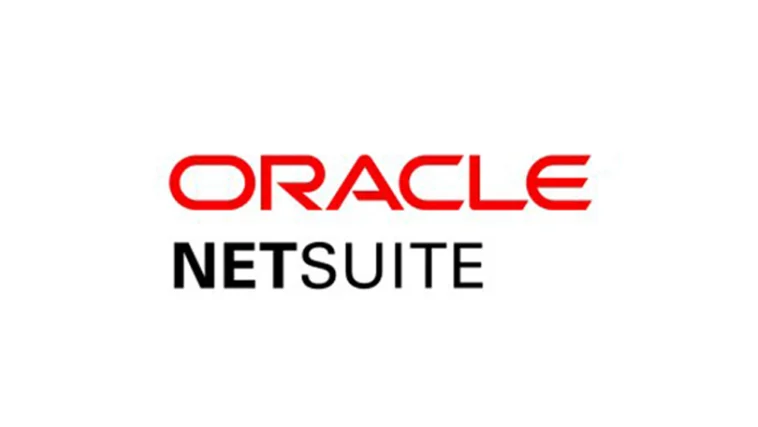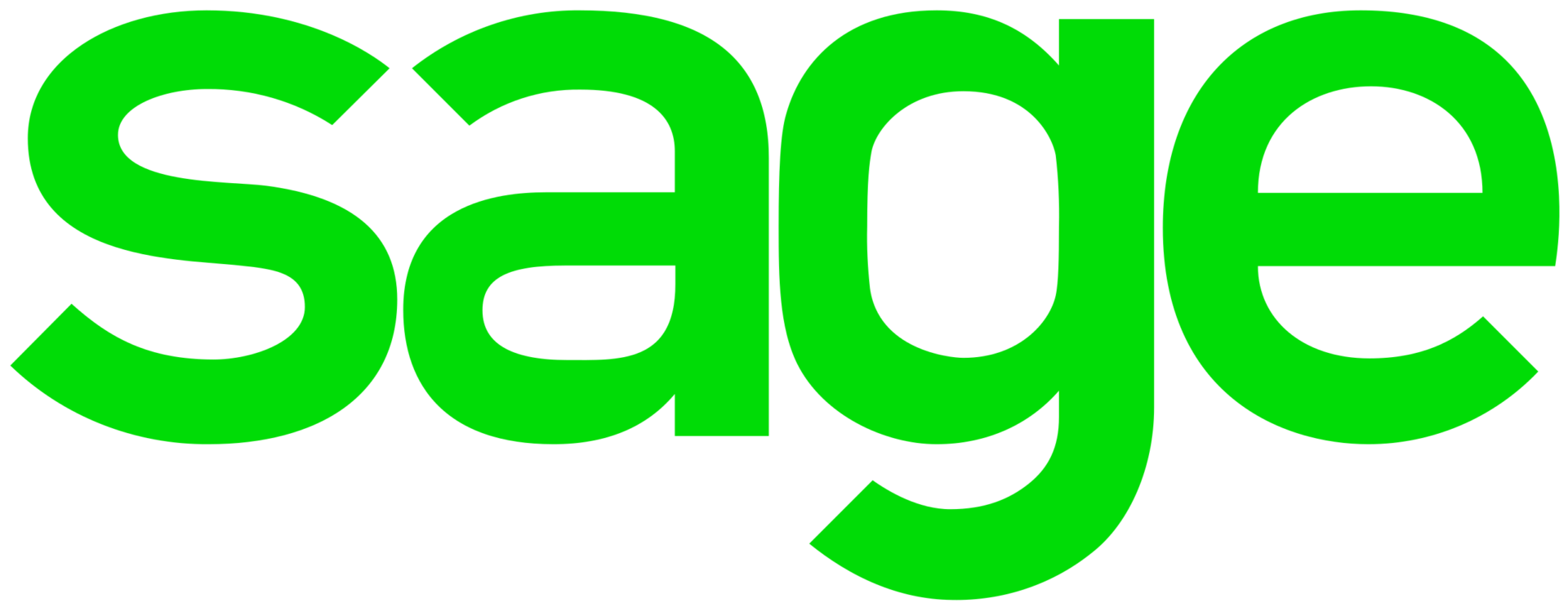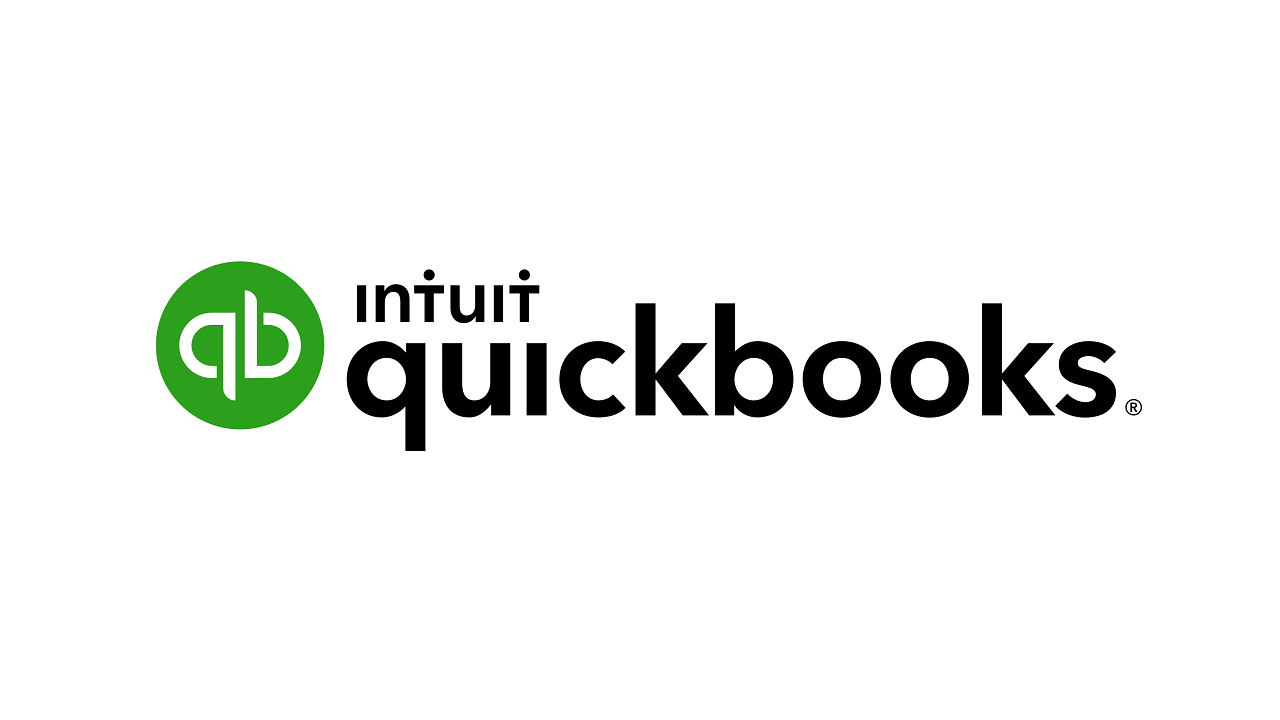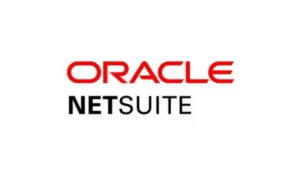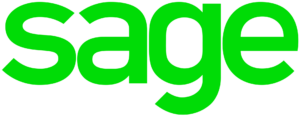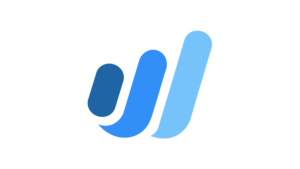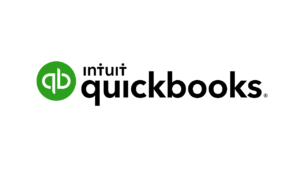Best Accounting Software
- Best for Unlimited Users: Xero
- Best for In-House Integration: Zoho Books
- Best Invoicing Features: FreshBooks
- Best Ease of Use: QuickBooks Online
- Best Scalability: NetSuite
- Best for Inventory Management: Sage 50
- Best for Freelancers: Wave
- Best for Solopreneurs: QuickBooks Solopreneur
- Best for Receipt Tracking: Neat
- Best for Simplicity: NCH
- Best for Managing Business and Personal Finances: Quicken
What Is Accounting Software?
Accounting software is a cloud- or desktop-based tool that streamlines financial management. You can use this type of software to record, track and analyze all financial transactions that go through your business.
Accounting software also helps automate as much of the accounting process as possible, which helps you save time and reduce errors. For example, many platforms can pull transactions from bank accounts, sort expenses into categories and more without your manual input.
How Much Does Accounting Software Cost?
Pricing for accounting software varies depending on the provider and the plan. Below, we break down the pricing structure for the solutions in this review to give you a general idea of how much you can expect to pay for accounting software.
| Provider | Cost Range | Free Trial |
| Xero | $15 to $78 per month | 30 days |
| QuickBooks Online | $30 to $200 per month | 30 days |
| Zoho Books | $0 to $275 per month | 14 days |
| NetSuite | Contact for pricing | ❌ |
| FreshBooks | $19 to $60 per month; contact for pricing for the top plan | 30 days |
| Sage 50 | $58.92 to $160 per month | ❌ |
| Wave | $0 to $16 per month | ❌ |
| QuickBooks Solopreneur | $20 per month | 30 days |
| Neat | $200 per year | 14 days |
| NCH | $0 per month to $159 per year | ❌ |
| Quicken | $10.99 per month | ❌* |
*Quicken doesn’t have an official free trial, but it has a 30-day money-back guarantee. If you aren’t satisfied with your purchase for any reason within the first 30 days, you can get a full refund.
How To Choose Accounting Software
In addition to cost, there are other factors that vary by software and provider. Here are the factors we considered as we researched and rated the solutions in this review:
Accessibility
You want it to be easy to log in and access your finances. With cloud-based software, you can log in through any web browser or with the mobile app. Accessibility is especially important if several of your employees travel and need to log miles and submit receipts.
Scalability
If you anticipate rapid growth for your business, choose software that has other plans or tiers you can upgrade to when the time comes. That way, you don’t have to learn and set up a new platform every year or every few months.
Integration
Maybe you use additional apps for CRM, HR, PM, communication and/or other aspects of business operations. If so, make sure your accounting software integrates with them for seamless data sharing.
Ease of Use
You want to get up and running with your software as quickly as possible to start tracking your finances. An intuitive interface can help with that. Many providers also provide onboarding support, such as video tutorials.
Features
At the very least, your software should have basic accounting features, including invoicing, expense tracking and bank reconciliation. You can decide if you want additional advanced features, such as reporting, payroll and tax preparation. There are also some accounting solutions that offer industry-specific features, such as inventory management.
We surveyed 200 finance professionals on which features they consider most important in accounting software. Almost 60% of respondents said that expense management was the most important feature. Payroll processing was close behind with 50%.
Customer Support
If you are struggling to figure out how to use a feature or your platform is experiencing technical issues, you want a way to contact the provider for help. Help centers and user forums are common, but live support over chat, email and/or phone usually comes with higher plan tiers. The highest tier may even assign you an account manager for one-on-one support.
Types of Accounting Software
As you explore available accounting solutions, you may see various terms used to describe them. Here is what some of those terms mean:
- Small business: Small business software offers basic accounting features, such as invoicing and bank reconciliation.
- Enterprise (ERP): Designed for large organizations, ERP software provides comprehensive financial management alongside other business functions, such as HR.
- Cloud: Cloud-based software operates on remote servers, so you can log in to access the platform using either a web browser or mobile app.
- Desktop: You install desktop software on your computer, which gives you access to your financial information even when you’re offline.
- Integrated: This type of software seamlessly integrates with other business tools so that you don’t have to go between multiple apps to input data and complete tasks.
- Open-source: Open-source software has code that you can edit so that you can customize how the platform works to your liking.
- Industry-specific: Industry-specific software has features that pertain to how businesses in a particular industry operate. For example, product-based accounting software might have sales- and inventory-related capabilities.
Benefits of Using Accounting Software
Implementing accounting software helps you create a process for tracking and organizing your finances. This results in the following benefits:
- You streamline your accounting tasks, which means you have more time to focus on other operational aspects of your business.
- Your finances are organized, so you make fewer, if any, errors.
- You get a clearer picture of your finances, which you can use to make informed decisions about how to allocate funds.
- Your financial information is ready for reporting come tax season.
The Bottom Line
Many businesses use accounting software to track their finances and keep them organized. If you think your business could benefit from this, you have several software solutions to choose from.
Wave, QuickBooks Solopreneur and Quicken cater to contractors, solopreneurs, freelancers and other self-employed individuals with basic accounting needs. NCH is another basic software that you download onto your computer.
FreshBooks, Sage 50 and Neat all specialize in a particular area. In order, they excel in invoicing, inventory management and document storage. Xero, QuickBooks Online and Zoho Books offer multiple pre-built plans to cater to businesses in every stage of growth, and NetSuite creates custom plans so that each business can get the most of the software.
Frequently Asked Questions About Accounting Software
QuickBooks is the most used accounting software, according to the survey we conducted with 200 financial experts. Almost 80% of the survey respondents stated that they had used QuickBooks in the last 12 months.
Cloud-based accounting software stores your financial information on servers, so you can access it on any device that has an internet connection. On the other hand, you download desktop accounting software onto your computer, which means you can only access it on that device. That being said, desktop software doesn’t require an internet connection, and it tends to have better data security.
Accountants use any number of software solutions. However, during our research of the category where we interviewed financial experts, surveyed software users and tested over 20 tools, we found QuickBooks to be the most popular. Our anecdotal evidence is backed by QuickBooks’ reported number of more than 7 million global customers.
Yes, you can use free accounting software for your business. This is a budget-friendly option, though it comes with limited capabilities.
While you don’t need accounting software for your small business, it can provide many benefits. It streamlines your accounting system, which can save you time, cut down on errors and inform your financial decisions.
Methodology
We at the MarketWatch Guides team spent over 100 hours researching and testing 15 accounting software providers. We looked at all-in-one tools, such as QuickBooks, as well as specific tools for mileage tracking and expense management.
We conducted a survey in 2024 of 200 professionals who were currently using accounting software or had used accounting software within the past year. We analyzed the results of this survey to determine the following rating criteria:
- Reputation and Reviews (15%)
- Features (63%)
- Pricing (10%)
- User Experience (7%)
- Customer Support (5%)
Visit the full accounting methodology page for more details on our rating system.
If you have feedback or questions about this article, please email the MarketWatch Guides team at editors@marketwatchguides.










